


Photo Courtesy of the Author.
My lifelong friendship with Vukani Cele began on a humid evening in Washington, DC in August 1995.
We were partners in the Fulbright Teacher Exchange Programme. This meant that Vukani would teach English and Social Studies for a year at the middle school in suburban Boston where I had worked for the previous three years. I would teach and coach soccer at Uthongathi School, nestled amidst the sugar cane fields and within view of the Indian Ocean on Durban’s North Coast. The Zulu word for “a place of importance” and “It is something because of us,” Uthongathi was one of South Africa’s first private, multi-racial schools.
Our meeting had been a decade in the making
I had first learned about South Africa before the state of emergency P.W. Botha’s administration imposed in 1985. I was studying for a quarter in Florence, Italy, so did not participate in the shantytown protests on Stanford’s campus, but the echoes of students’ rhythmic clapping in our campus quandrangle reached me in the home of Michelangelo’s David. So, too, did what I perceived as the unalloyed moral clarity and righteousness of the black South Africans fighting valiantly to topple the evil apartheid regime.
I joined Stanford out of South Africa (SOSA) after returning to campus. As a columnist for the Stanford Daily, I went on an early morning jog that was open to the community with then-President Donald Kennedy. As we made our way up the local foothills, I debated the issue of divestment with him and later wrote about our colorful encounter. In the fall of 1986 I chanted “Buthelezi, Botha’s Lackey” with other SOSA members as Inkatha Freedom Party leader Mangosutho Buthelezi walked from his limousine to meet with campus leaders.
Like freedom lovers the world over, I was thrilled to see an unbowed Nelson Mandela emerge from 27 years in prison in February 1990 with his fist raised. That summer I went to the Boston Esplanade during his worldwide fundraising tour to hear him praise the “people of Mass-a-shoe-sets” before closing his address by saying, “I thank you. I respect you. And I love you.” And in April 1994 my eyes filled with tears when I saw images of elderly women casting votes they had waited hours and a lifetime to cast.
Despite all of this, I had trouble conceiving that I would someday visit Alan Paton’s Beloved Country. But that dream came true when I applied successfully to the Fulbright program. Both single and in our late 20s, Vukani and I spent hours during the orientation talking about our families, lives, and aspirations for the year.
It was a heady time for both countries.
South Africans of all races were still in the early days of the period later dubbed the post-apartheid honeymoon. I landed just six weeks after Mandela had donned the formerly reviled Springbok jersey that spurred the team to a nailbiting Rugby World Cup victory over the mighty New Zealand All Blacks that at least temporarily united the “rainbow nation.”
The United States was also enjoying a period of peace, prosperity and economic growth following the fall of the Berlin Wall, the crumbling of the former Soviet Union two years after that and the beginning of what political scientist Frances Fukuyama asserted marked the end of history and the permanent ascendance of liberal democracy.
The year was shrouded in magic for both of us.
Vukani’s friends heeded his instructions and took me in as a brother. A group of enormous vitality, they had participated to varying degrees in the freedom struggle and were young and successful professionals in the new South Africa. Constantly informed about national and international events, they would often switch mid-sentence from Zulu to English to Xhosa, laughing constantly while vibing until the early hours every weekend. They drove me to the homestead of former ANC head and Nobel Prize winner Chief Albert Luthuli, where a hefty uncle slaughtered a cow in honor of one of Luthuli’s grandsons-one of three wedding ceremonies I attended during the year.
In October colleagues from Uthongathi and I drove to Cape Town during the school break. My teaching life and lived reality converged as I stood at Cape Point near where the Atlantic and Indian Oceans meet. I imagined Vasco da Gama, whose exploring journey to find a water route to Asia from Europe I had taught many times, finally turning the southernmost corner of Africa and making his way to India and the spices and treasures he sought there.
In May I witnessed the anguished and unspeakably courageous testimony of the Truth and Reconciliation Commission’s first day of hearings in KwaZulu-Natal. I listened with rapt attention to Archbishop Desmond Tutu’s closing statement about the miracle of those people who had been able to go beyond their agony and forgive. I shyly approached “The Arch” afterward and informed him that I had seen him denounce in his rolling Rs the atrocities of the “aparrrtheid regime” during a visit he made to Stanford close to a decade earlier.
“Oh, yes, you people were good on that one,” he replied.
Each of these experiences, and others, expanded my sense of possibility and the ongoing conversion from abstract ideals of justice to a deepening set of relationships with real people.
For his part, Vukani dazzled students and faculty at our middle school, traveled across the country courtesy of Fulbright, and dialogued with prominent scholars like Yale Professor Leonard Thompson, author of A History of South Africa. In the spring he was selected out of all Fulbright teachers to represent the Fulbright program at the Clinton White House. Sharply dressed in a tux, he met the president, First Lady Hillary Clinton and Harriet Fulbright, Sen. Fulbright’s widow.
Vukani and I both weathered bumpy readjustments to our home countries before later marrying single mothers and switching careers. He started his own marketing and communications business while I moved into journalism and, later, academia.
Our connection endured. Vukani developed the concept of making history every time we meet. We’ve made a lot of it. Each time we connect in Durban we start by each eating a mutton bunny chow, the exquisite Indian street food that consists of a quarter loaf of hollowed out white bread filled with piping hot curry and accompanied by a side salad and a bottle of cold Coke to wash it down.
In 2011 Vukani secured tickets for us to cheer on his beloved Orlando Pirates to a hard fought and critical victory over one of their rivals. That year we also went to the school where we had both taught, but never been together. Although the name had changed after Crawford College purchased it shortly after my departure, the campus looked very much as I remembered. The grey concrete boma where the whole school assembled in the spirit of open air democracy was still there, as were the tall, thick sugar cane plants that enclosed the campus.
So, too, was Petros Dlamini, one of Uthongathi’s original employees and the last remaining member of the crew who had helped build the school. “Vukani! Jeff! Vukani! Jeff!” He exclaimed, his eyes flicking back and forth between the two of us as he worked to absorb our joint presence.
In 2016 we reunited with a group of former students before traveling later that summer to Pietermartizburg to support Manqoba Ngubo, our former soccer player, on Election Day. We stood on either side of our former charge during his successful bid for a seat on the city council. And in 2023 Vukani flew to Johannesburg to join the rest of our brothers at the launch of Comrade King, the book I co-authored with Khulu Radebe, a South African freedom fighter who learned at age 50 that he was a king.
All of us belong to a WhatsApp group we call “The Class of 96.” The group’s exchanges run heavy on humorous memes with a sprinkling of nostalgic pictures of our younger years. But the tone has become more serious during the past four months. We have all noted with increasing concern the Trump Administration’s gutting of the government and the global implications of its daily assault on our country’s democratic fabric. Trump’s executive order in February that cut off aid from the United States to South Africa and wrote that the U.S. government will “promote the resettlement of Afrikaner refugees escaping government-sponsored race-based discrimination” drew particular attention.
The recent arrival of dozens of white South Africans who Trump falsely claimed were facing a genocide in their country only heightened my friends’ outrage.
Vukani and I spoke last week.
“The U.S. is in serious trouble,” he declared after deconstructing the many flaws in Trump’s South African refugee policy. After digesting that topic, we discussed the fact that the new arrivals were not the week’s most astounding news. The $400 million Qatari jet that Trump, in a further brazen alignment of his family’s financial interests over that of the nation, said he would be smart to accept provided stiff competition for that label.
Things are far from idyllic in South Africa, too. Decades removed from the honeymoon stage of our exchange year, the African National Congress (ANC) has fallen so low and become so corrupt that some former supporters are actively rooting for its demise, Vukani told me.
We moved on to talk about life’s mixture of setbacks and successes, the joy and sacrifice associated with caring for our aging and ailing mothers before signing off.
“We needed this,” I said. Vukani agreed.
As I hung up the phone, in addition to distress about our countries’ decline since we first met, bone-deep gratitude coursed through me for the lifelong brotherhood we’ve formed that began on a hot summer evening in our nation’s capital half a lifetime ago.
By Jeff Kelly Lowenstein
The author is the founder and executive director of the Center for Collaborative Investigative Journalism (CCIJ) and an associate professor at Grand Valley State University. He participated in the Fulbright Teacher Exchange Program during the 1995-1996 school year.
The post My Fulbright brotherhood with Vukani Cele appeared first on Ghana Business News.
Read Full Story

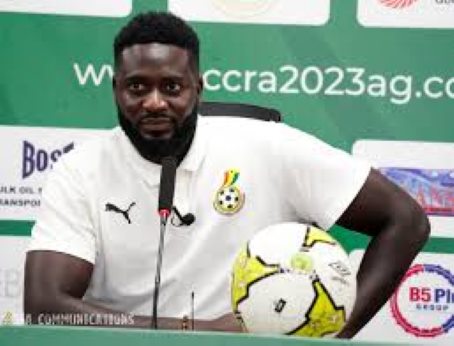
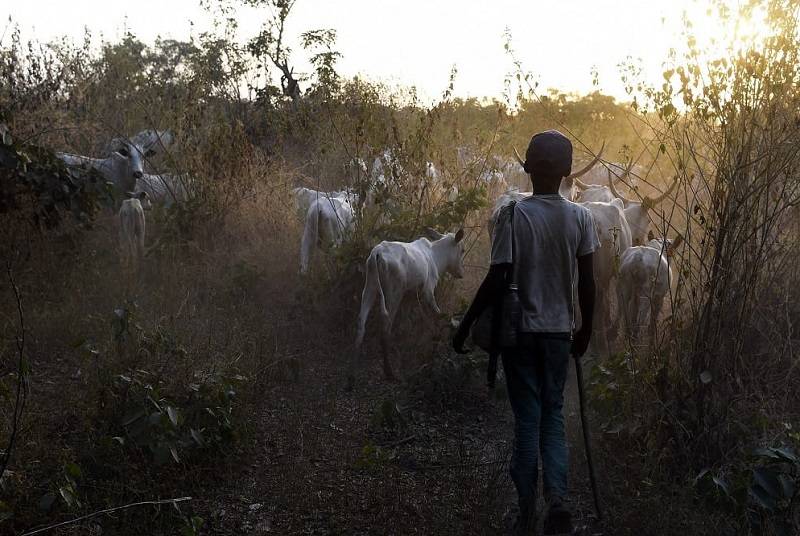
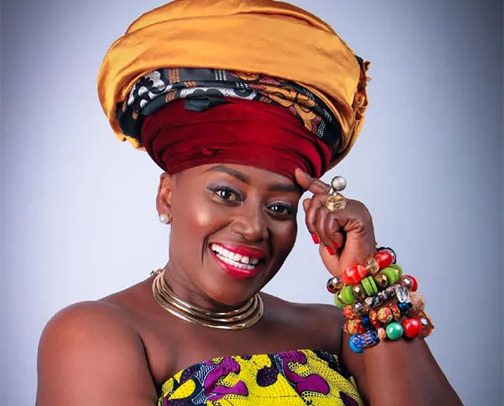

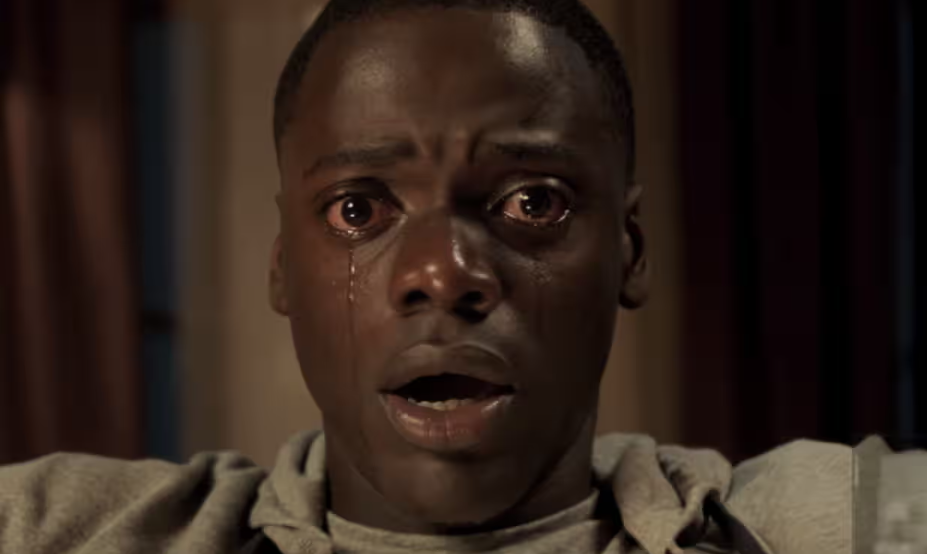
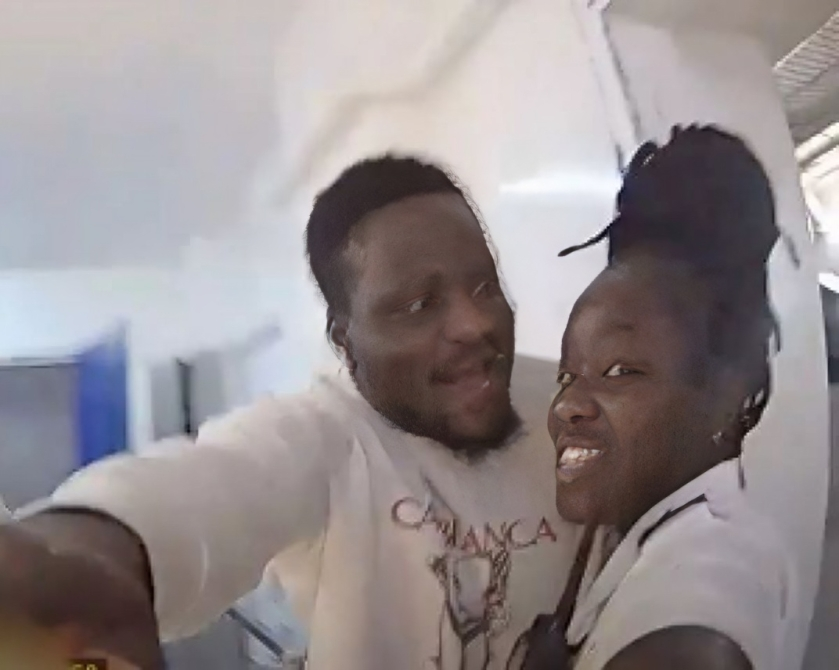
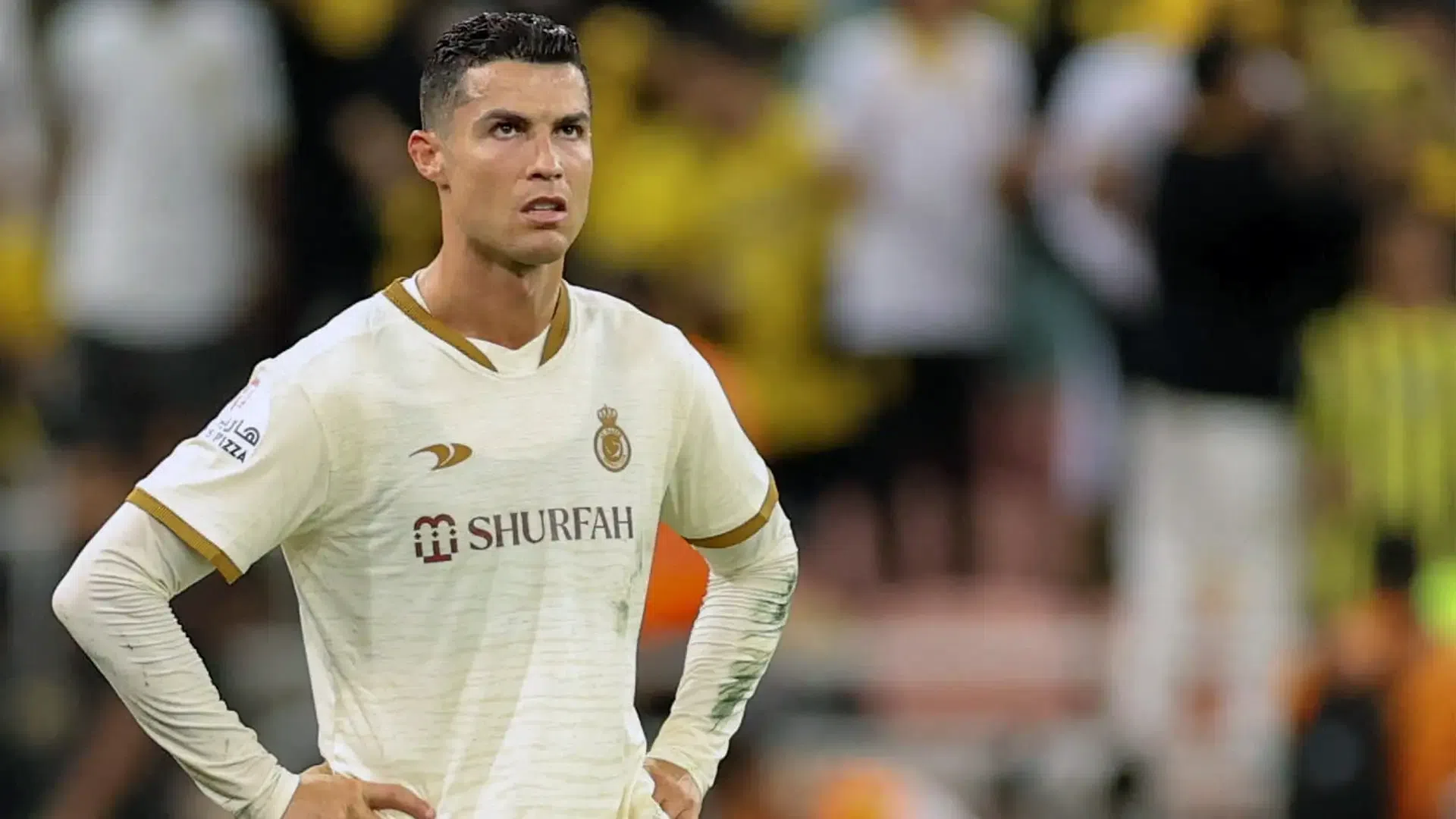
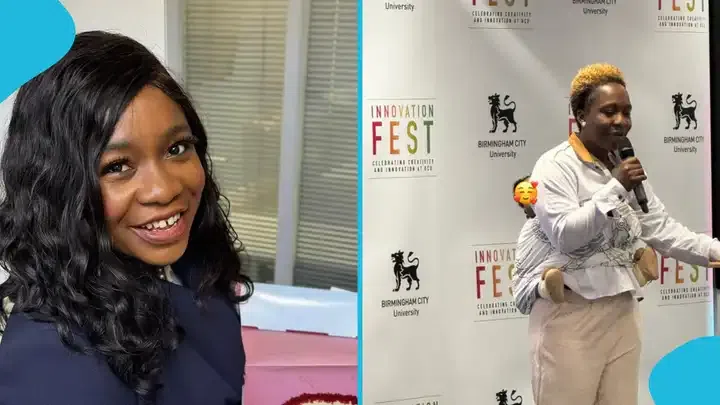
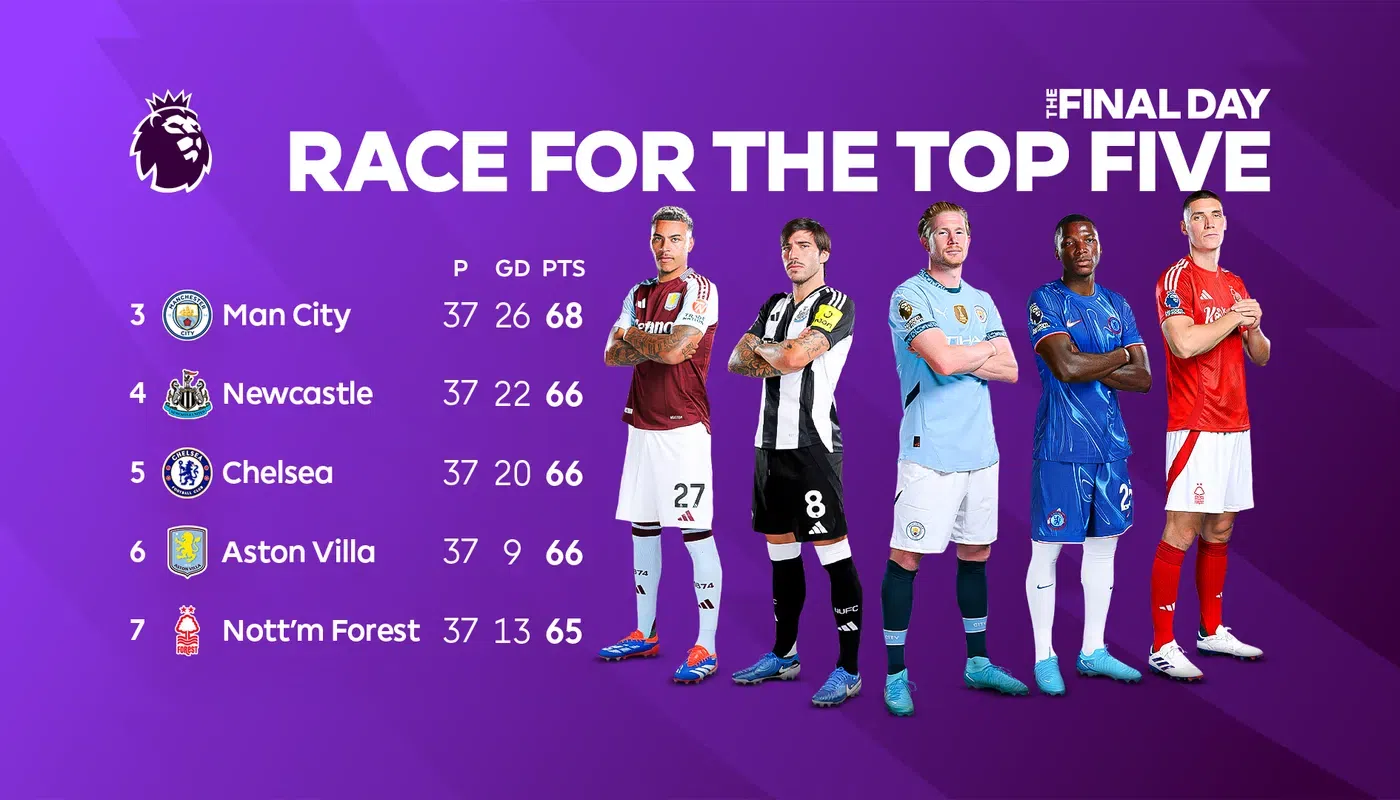
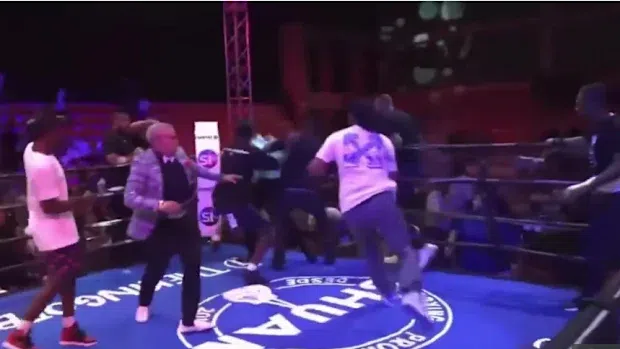
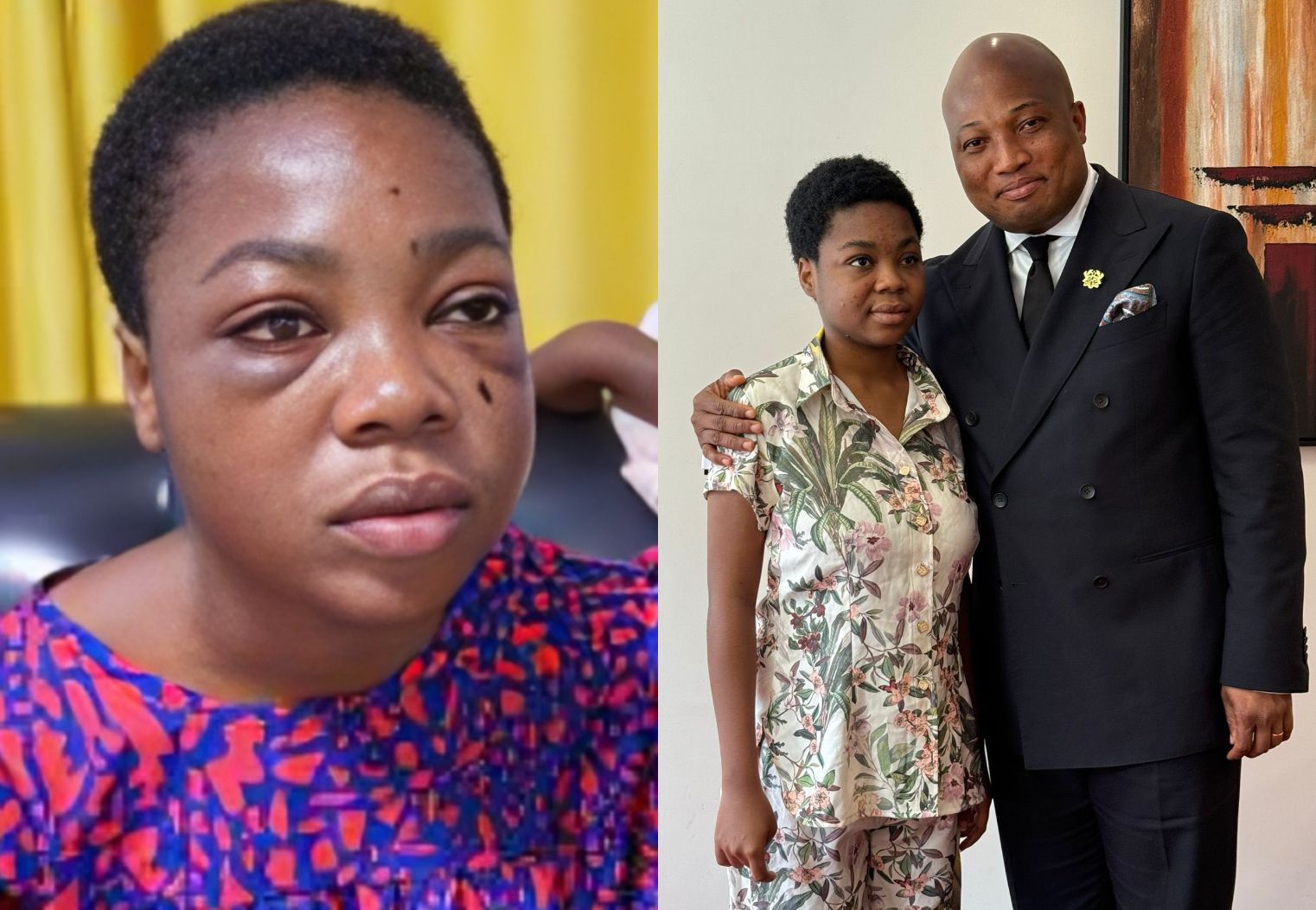

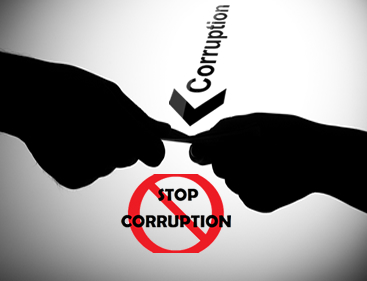
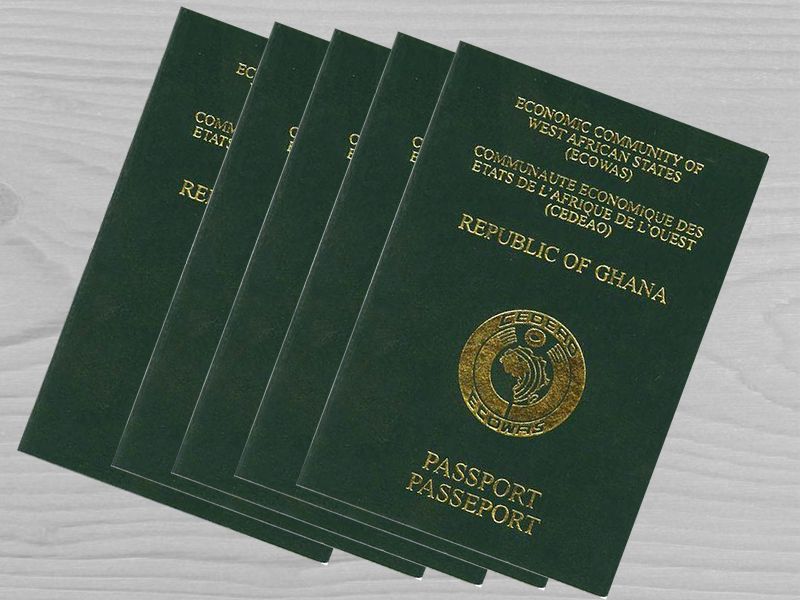





Facebook
Twitter
Pinterest
Instagram
Google+
YouTube
LinkedIn
RSS